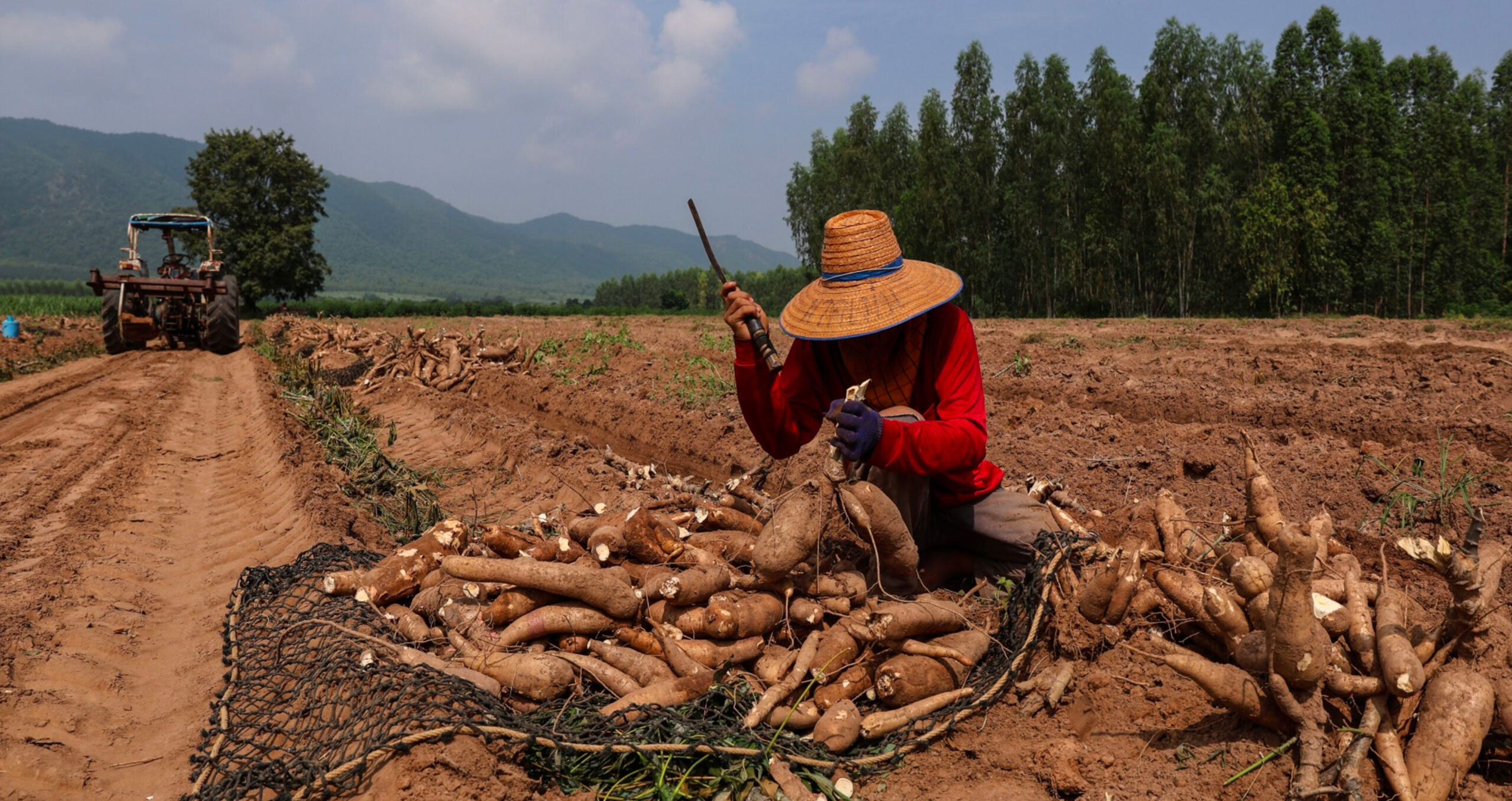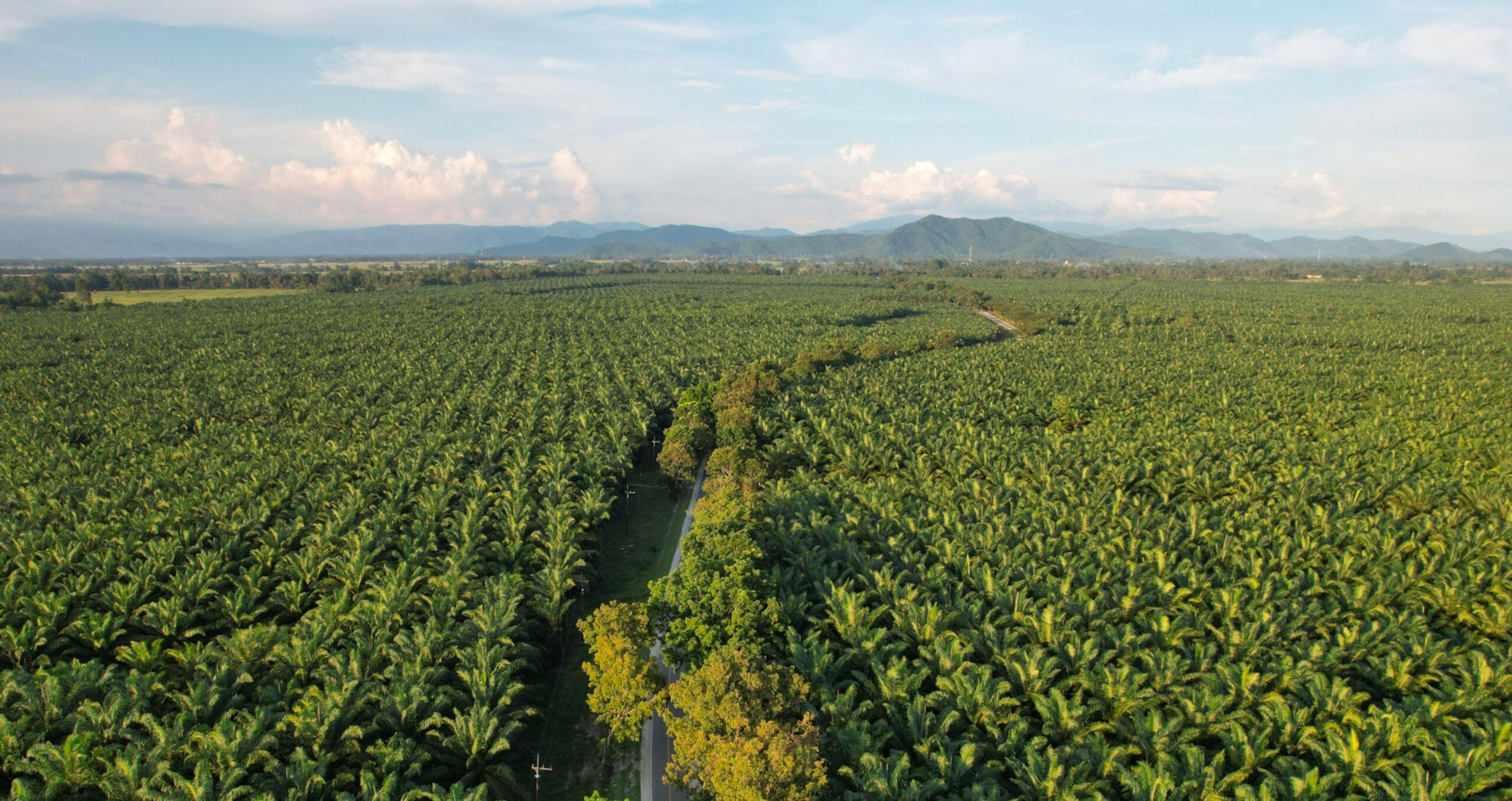

The platform, which has been developed by Bursa Malaysia and the London Stock Exchange Group, will help companies align their carbon emissions reporting with global standards such as the TCFD.
Malaysia’s stock exchange will launch a centralised sustainability reporting platform in April, to assist domestic businesses with their environmental, social and governance disclosure requirements.
The initiative, which was announced by Malaysian Prime Minister Anwar Ibrahim on March 8, will offer listed and non-listed companies the ability to align their carbon emissions reporting and ESG data sets with global norms.
Bursa Malaysia, the national bourse, is working in partnership with the London Stock Exchange Group to develop the platform. The LSEG is contributing its data-related expertise to assist with the development and launch of the new reporting initiative, which follows a November 2022 memorandum of understanding between the two sides to expand ESG collaboration.
“By leveraging LSEG’s skills and capacities in data and analytics, we are collaborating with Bursa to establish a consolidated platform for corporate ESG reporting. The process will assist companies in comprehending and evaluating their ESG performance and promote sustainable growth,” LSEG group leader of sustainable finance and investment Cornelia Andersson said.
The project will offer a single, standardised resource from which financial institutions and investors can access relevant ESG data on Malaysian businesses. It could also furnish the LSEG with commercial opportunities around access to that data.
“LSEG will not commercialise any data provided to the platform without consent. However, if a corporation desires to share its data with LSEG to benefit from exposure on LSEG’s offerings, that may be a feasible option in the future,” Andersson said.
Overcoming inconsistencies
It is hoped that a centralised platform will overcome the inconsistencies in the way ESG data is currently gathered, measured and reported by businesses across the country by introducing standards such as the Task Force on Climate-related Financial Disclosures.
The Bursa Malaysia-LSEG platform follows a similar initiative in neighbouring Singapore, known as “ESGenome”, that was launched in September 2022 as a digital disclosure portal for companies’ ESG data.
But in Malaysia’s case, the new sustainability reporting platform will take time to mature. This is because small and medium-sized enterprises account for more than 97 per cent of all businesses in the country, according to official data, meaning their participation will be vital.
Yet many of these entities lack the capacity, or expertise, to account for their climate-related activities. Over the short term, at least, this could limit the engagement with the platform to a small pool of larger Malaysian companies.
“I think the fundamental issue is that a lot of companies have yet to start the process of calculating their carbon emissions. Having a database is great but you need to fill that database with something. Unfortunately, a lot of companies in this part of the world have yet to start their carbon accounting journey,” said Max Lee, chief executive and co-founder of Pantas, a Malaysia-based climate technology company.
SMEs in Malaysia and the wider region play an outsized role in global value chains and are under growing pressure from downstream conglomerates to address their carbon emissions. This situation is being exacerbated by emerging regulatory pressures, particularly from the EU, linked to supply chain due diligence obligations. As such, Malaysia’s SMEs face being dropped from global value chains, unless they can keep pace with these reporting requirements.
In response, Malaysia’s central bank launched a public-private initiative in November 2022 to help SMEs green their operations. Known as the Greening Value Chain programme, it offers technical advice and low-cost, target-linked transition financing to assist the country’s small businesses, all of which is facilitated by private enterprises and financial institutions.
According to Max Lee from Pantas, which is providing a free software tool that allows SMEs to calculate and manage their carbon emissions under the programme, it could be a game-changer for both Malaysia and the region.
He said: “This is a first of its kind programme in Southeast Asia that is offered to SMEs at scale. We hope to use this model across the region. We are already working with a bank in Thailand, as well as multilateral development banks.”
Similar Articles

Could the Asean taxonomy help standardise south-east Asia’s ESG efforts?

Asean countries ambivalent about EU CBAM


